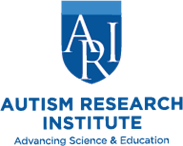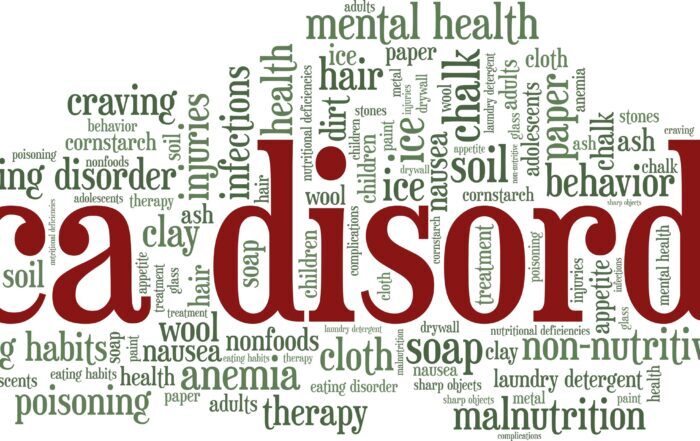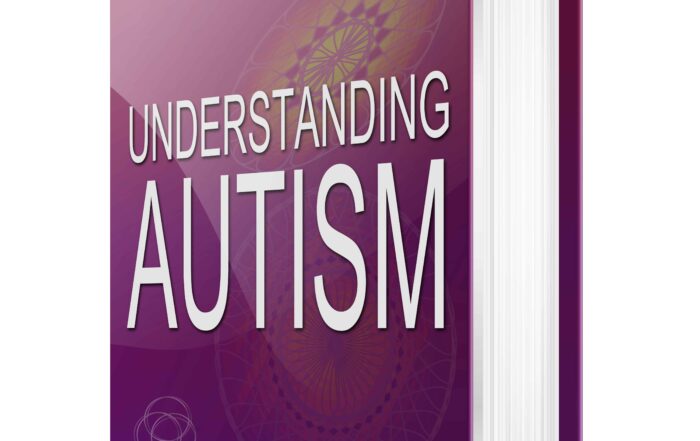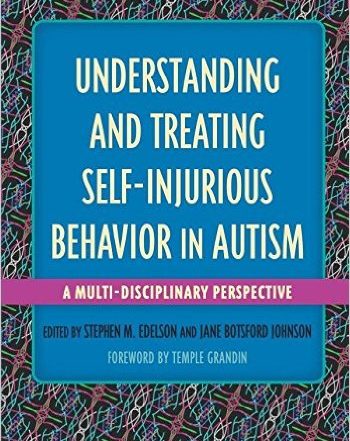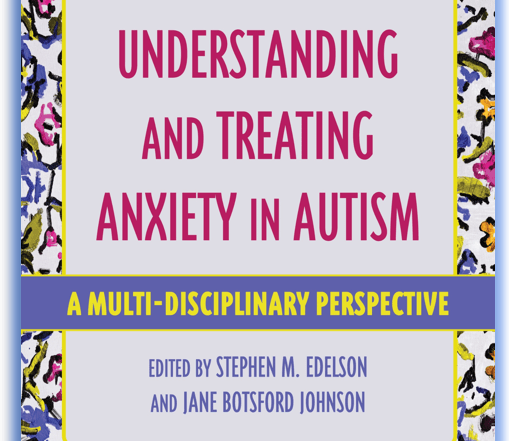Listen to playback of this live Q&A as Lauren Moskowitz discusses self-injury and other challenging behaviors. To review Dr. Moskowitz’s previous talk on positive strategies for addressing anxiety and OCD, click HERE
Handouts are online – View handouts .pdf
Because this was a live Q&A, no certificates are offered for this particular recording.
Published: 09/26/2018

Prenatal exposure to cannabis may increase likelihood of autism
Cannabis use during pregnancy may alter placental and fetal DNA methylation (the process of turning genes “on” and “off”) in ways that increase the likelihood of autism spectrum disorder (ASD) or
Autism and Pica
Dean Alexander, Ph.D., discusses pica, the ingestion of non-food substances, which has received insufficient attention as a common, sometimes lethal, form of self-injurious behavior. He discusses the prevalence of pica in autistic
Understanding and Treating Autism: Book Series
A new book, titled Understanding and Treating Sleep Disturbances in Autism, is now available from Jessica Kingsley Publishers. The book is edited by ARI's executive director, Stephen M. Edelson, and past ARI
Autism Research: Standing on the Shoulders of Giants
Isaac Newton once said, “If I have seen further it is by standing on the shoulders of giants.” In the same way, our achievements in the field of autism today stem from
Understanding and Treating Self-Injurious Behavior in Autism
Pictured: Editors Stephen M. Edelson and Jane Botsford Johnson A comprehensive, authoritative resource on understanding and resolving self-injurious behavior (SIB) in people with autism and related conditions with contributions by top
Understanding and Treating Anxiety in Autism
Pictured: Editors Stephen M. Edelson and Jane Botsford Johnson Understanding and Treating Anxiety in Autism, is now available from Jessica Kingsley Publishers. The book is edited by ARI's executive director, Stephen M.

